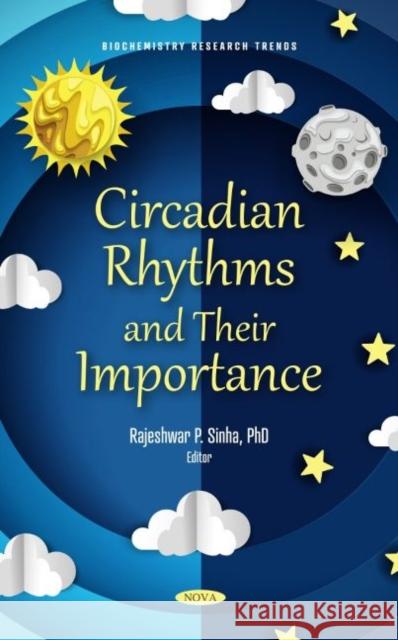Circadian Rhythms and Their Importance » książka
Circadian Rhythms and Their Importance
ISBN-13: 9781685075477
Circadian rhythm is the mechanism for measuring time by organisms in units of around 24 hours. Almost every organism has the ability to predict daily events such as sunrise and sunset, which is essential for their optimal survival strategies. Circadian rhythms persist even in the absence of time cues and ensure that behavioral, physiological and metabolic processes align with changing environmental conditions. Most organisms, irrespective of whether they are prokaryotic or eukaryotic, have evolved certain mechanisms to sense their external environment in order to prepare a biological response. Often, these biological responses result in changes in physiology and biochemistry of organisms for the optimization of their survival. There is no unified mechanism among organisms by which sensory environment can be applied to control their lifespan. In humans, disruptions of the circadian rhythm may have an increased risk of age-related neurodegenerative diseases such as cancer, diabetes, etc. This book encompasses the most recent knowledge and modern trends in the field of circadian rhythms research. It is also expected to provide a must-read guide for beginners as well as advanced researchers in this field of study. Undergraduate, post-graduate and research scholars of several disciplines such as chemistry, botany, microbiology, biochemistry, biotechnology, bioinformatics, life sciences and bionanotechnology will benefit from this book.











